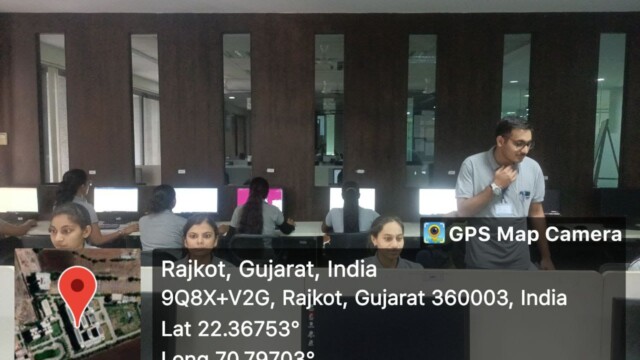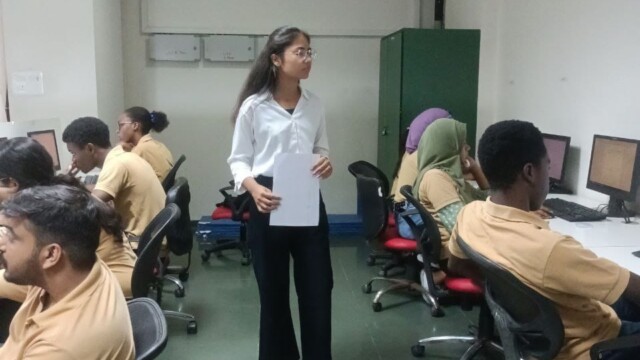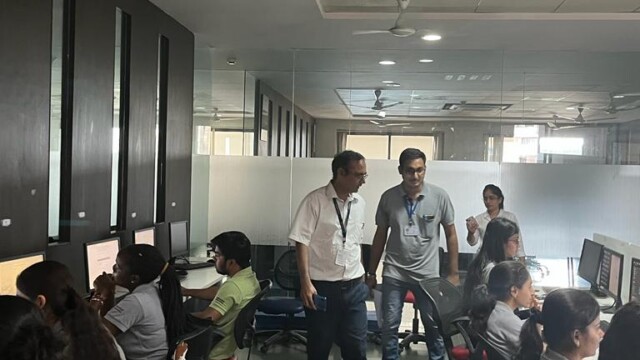Nothing can be static on earth. Everything is subject to change. Law and legal education is not an exception. The law and methodology of teaching which was followed in the top law schools like Harvard or Yale in the last century or even one or two decades back may not be suitable in our law schools due to the rapid changes happening in our society; especially the developments in science and technology. Now legal education is facing various challenges. The first and the foremost challenge noticeably is to make the students up to the level of satisfying the demands of the legal market place and suitable in solving the issues of the complexities in the contemporaneous legal system. Therefore, in this superlative world of science and technology, the legal stakeholders should move beyond the usual pulls that would satisfy only the traditional market regime. We have to travel along with the breaking developments in other disciplines so as to share and understand their problems as well as to find out the amicable solution for them. Keeping these things in mind the author has tried to visualise the components needed for an ideal legal education system.
Curriculum- The backbone of legal education
When we talk about the ideal legal education system, obviously in any law school whether it be Harvard or law schools in India, the backbone of legal education is the systematically arranged curriculum. Like any other professional studies, the law school curriculum cannot be dynamic unless and until its content has been framed in accordance with the learning outcome emphasising on the law in practice. In India, it is very sad to say that most of the state and central Universities are framing their scheme and syllabi after considering the suitability and handiness of the tutor and not the student. A law school curriculum should be student-centric instead of teacher-centric. A competency-centred learning outcome is inevitable in the present setting so as to test the in-depth knowledge of the student on fundamental courses in law. It is also necessary to analyse the student’s critical skills, legal research skills, writing skills in persuading others, professional and other soft skills respectively. Individual student assessments based on the learning outcomes are very useful for his/her progress throughout the programme. Learning of the content of substantive as well as procedural part of the law cannot be an isolated one. There should be a proper integration of the content with the practical side. Throughout the legal education, the legal content should travel along with the law in practice. In law schools, clinical courses cannot be side-lined since it gives the student ample opportunity to understand the law in motion. No doubt legal precepts and doctrinal studies are very productive but at the same time, the students should practice how they could be well blended with the practical side in order to create maximum output for quick legal solutions. There should be a proper integration of internal assessments, theory, practical skills training and competency skill evaluation.
Think like a lawyer and work like a horse
The other important query that addressed the legal education long back was about its end. Is it for creating the students well versed in theory of law or good practitioners of law? After the passage of very long time, it has been proved that the ultimate end of legal education is to make the students ‘think like a lawyer’. No doubt, only a lawyer who is well versed in theory of law can properly apply it in practice. For example, a lawyer who is involved in a very important case has to find out either the gaps in law while interpreting it or to convince the decision maker that the current legal provision is not suitable for the existing factual situation. Again the discussion on theory-based learning is utmost important in legal education since without understanding the major and minor concepts of law, the concepts or principles which were evolved through decisions or judicial interpretations of statute law, the student cannot settle a legal or factual issue. Apart from thinking like a lawyer, there are various skills like legal reasoning, legal research, investigation and analysis of facts, oral and written communication, client counselling and negotiation.
Thinking like a lawyer is nothing but the developing of the metacognition within the mind of students. Metacognition simply means the awareness and regulation of our own thinking process, reasoning and learning. The metacognitive activities of students will definitely accelerate their intelligence. Thus even the student having less intelligence can perform well through developing their metacognitive activity. Lawyers are directly or indirectly going through this process in their day to day work.
Once you have decided to become a legal practitioner, learning is utmost important and it will be a lifelong practice. Lawyers need awareness about everything and for that regular learning is necessary. For example, in order to interpret a particular provision of law, the lawyer should know about the history of the legislation. The other important skill that is connected and which can be developed through metacognition activity is the factual analysis. Systematic and proper analysis of facts is essential to solving most of the legal issues of the clients. This skill will also help lawyers to segregate the relevant facts from the irrelevant one.
Developing critical thinking
The other important quality of the legal profession which law student must follow is critical thinking. Never accept the statements, propositions, opinions, views or decisions of others at face value. This is also the part and parcel of thinking like a lawyer. If the law student is getting information from the professor or from any other source, it should be subjected to a critical thinking process and try to find out its rationale and reasoning in a particular factual situation. This is very useful for developing the decision making skill and to reach a judicious finding. The case specific application of content is possible only if he/she has the capacity to critically analyse it and convert it as operational knowledge. Merely attending classroom lectures are not sufficient for speedy decision making and problem solving. Instead, the student has to deal the content from different viewpoints and its application. Nowadays mere law school lectures are considered as monotonous unless it is mixed with the content useful for cognitive development and legal skill development. Therefore, the best method is that the teaching learning process should be based on enabling the law students to develop their critical thinking and practice oriented knowledge acquisition.
Effective oral and written communication
Unlike other professions, the legal profession needs an effective and convincing oral as well as written communication. Pen and mouth are the weapons of a lawyer. In legal profession, the communication should be very effective so as to convince the decision maker or the client about your arguments and he/she should have the power to easily comprehend the arguments from the other side and make response within the time frame. The presentation of seminar papers, participating in moot courts and attending debates will help the student a great extent in developing effective oral communication. Similarly, in practice, written communication also plays an important role in strengthening effective advocacy. In law school curriculum writing assignments, petitions, memorials, articles and project reports will help the students in developing writing skills.
Importance of moot courts and mock trials
Moot courts and mock trials are considered as mirror images of regular court proceedings through which the students can develop their oral advocacy including trial skills. It is also very useful to inculcate the overall skills of the lawyer in conducting the cases before the court of law.
Finding the law through effective legal research
Last but not least is the finding of the law and exact legal principles suitable for the case at hand. It needs a good legal research. Learning and practicing legal research will benefit the student in developing essential lawyering skills. The first and the foremost importance of legal research are to find out the law from its different sources. As we discussed earlier the law is not static and it may change as a result of amendments by the legislature or through interpretations of the judiciary. Due to this ever changing nature of law and legal principles, it is a great task for the lawyers to seek out the law and to find it out from the statute, decisions or other sources. Similarly the preparation of written briefs would be impossible unless there is good and accurate research conducted by the lawyer. Nowadays, the online research is also gaining importance in legal education. The students should know to handle the online research sources like the Total Research by Lexis or the facilities provided by the Westlaw. Therefore, in law school curriculum there should be provision for the course on legal research so as to create the legal research skills essential for successful law practice.
Finally an advocate’s livelihood and success not only depends on the knowledge of law he/she has gained throughout his/her legal education, but also on the overall knowledge about the world. It cannot be limited to a particular discipline. Here the nostalgic statement of Abraham Lincoln is admirable: “the best mode of obtaining a thorough knowledge of the law… is very simple, though laborious, and tedious. It is only to get the books, read, and study them carefully… Work, work, work, is the main thing.” The education is not a one time process in a lawyer’s life. It is an ever-ending course of action to strengthen his mental faculties. The modern world demands that the lawyer should be updated with the developments happening in the fast-changing society.
Want to be a successful part of a law community? Want to learn the essential fundamentals of law in a correct manner? Have an LLB degree from Marwadi University as we have the highest number of PhD faculties from around the world. Apply today!
PS: This post has been originally written by Dr. V. R. Dinkar, Professor, Faculty of Law, Marwadi University.



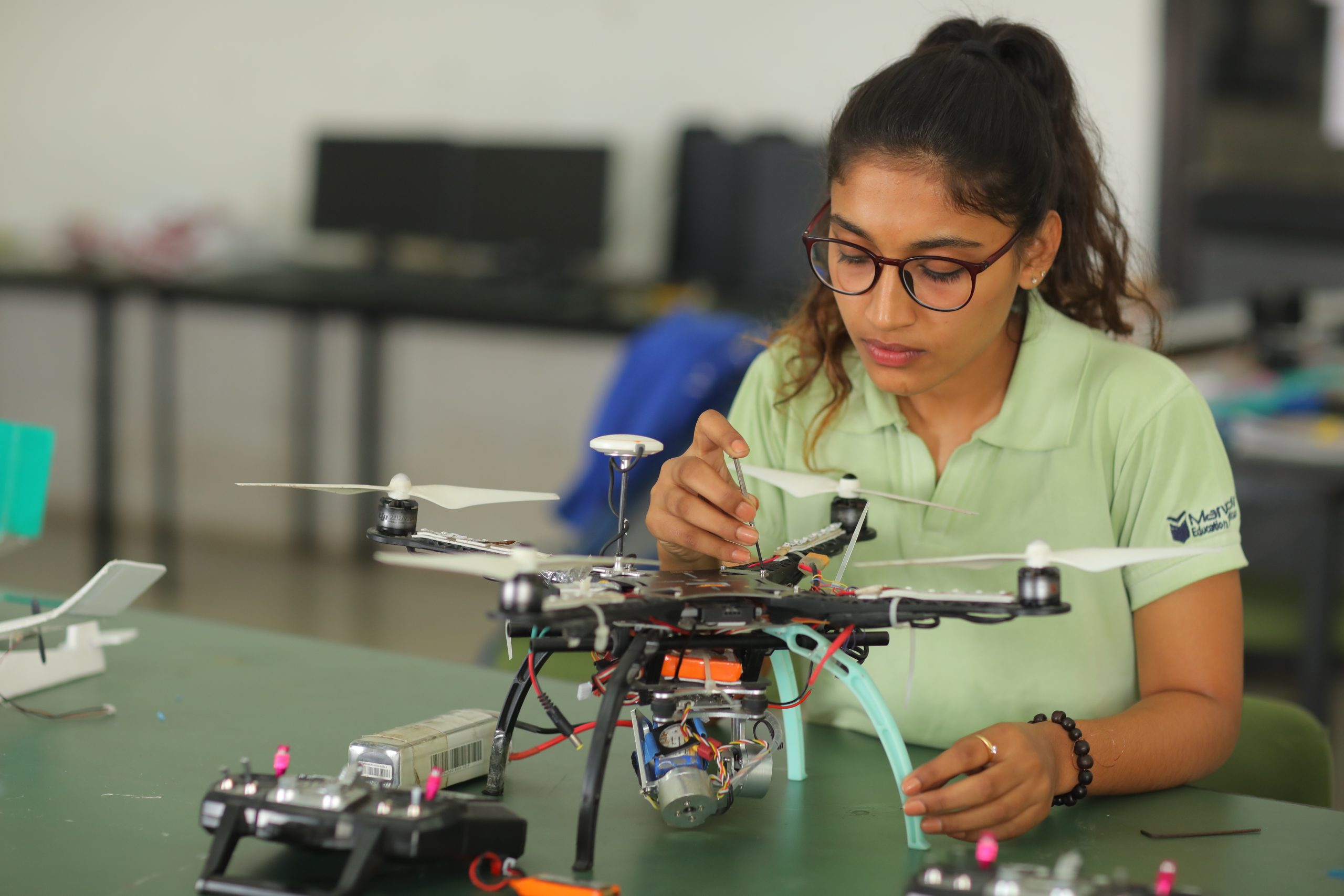
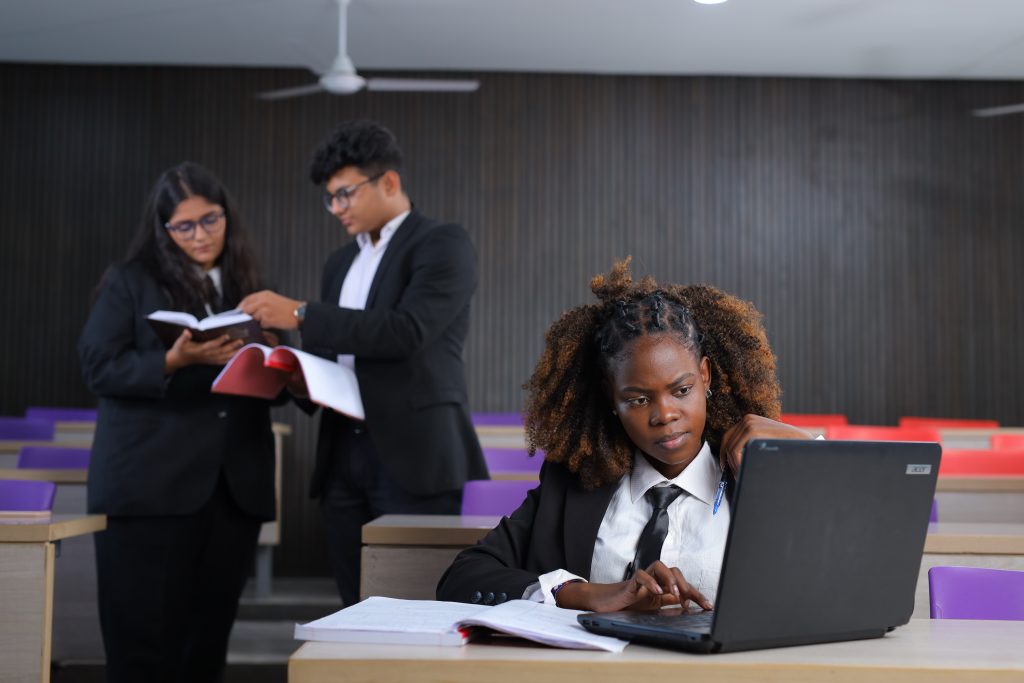
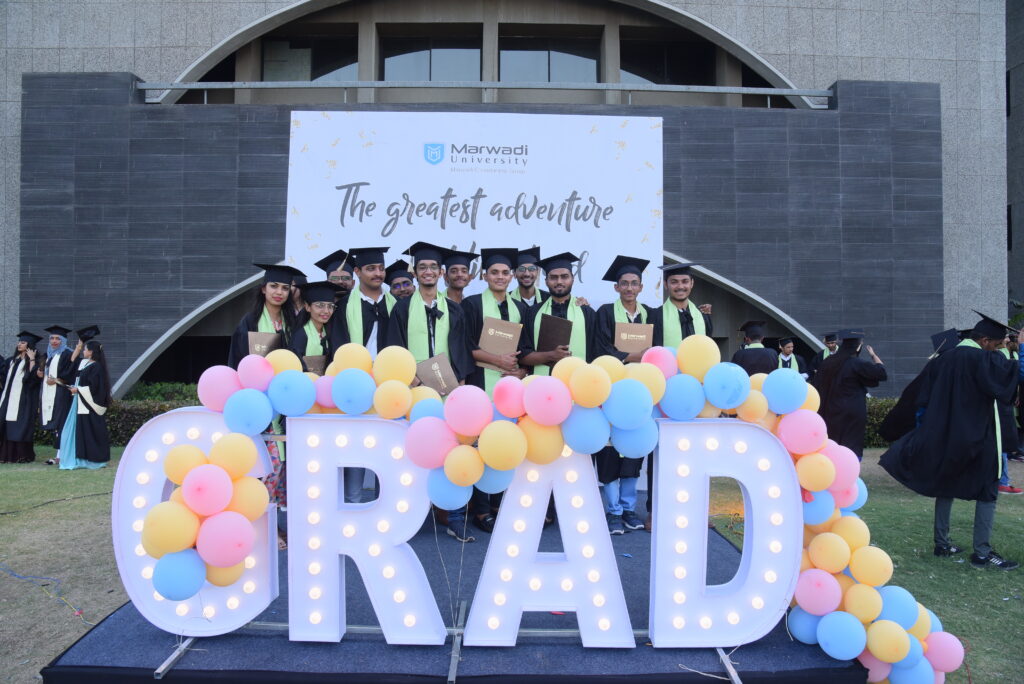










 International Airport
International Airport  Railway Station
Railway Station  GSRTC Bus Port
GSRTC Bus Port 
